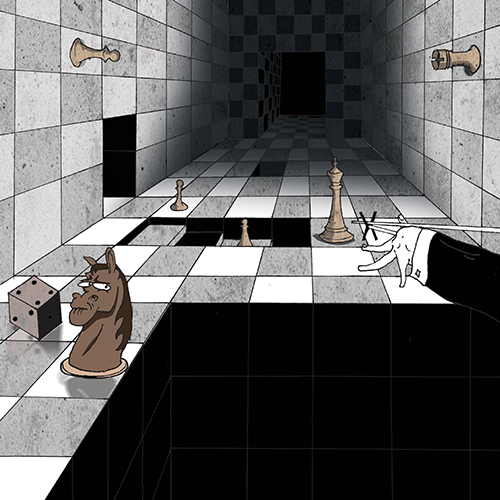Wicked problems, wicked play
Fun machines as strategy
DOI:
https://doi.org/10.7577/formakademisk.3378Abstract
Design methods need to reconsider ways to avoid othering messiness (or what appears to be contradictory or nonsensical) within wicked problem situations, particularly crisis sites. As such, this paper suggests that play frames (defined as Fun Machines) can be utilised as situated strategies that designers can apply to address paradoxes and contradictions. The paper presents the theoretical framework for a Fun Machine by focusing on second-generation design methods and how they facilitate conversation, while simultaneously exploring an often-neglected playful aspect of conversation that is usually found in fun-making. The applications of a Fun Machine are discussed in the historical context (Cedric Price’s Fun Palace) and with a pilot project conducted at a contemporary crisis site (Dessau).

Downloads
Published
How to Cite
Issue
Section
License
Authors who publish with this journal agree to the following terms:
- Authors retain copyright and grant the journal right of first publication with the work simultaneously licensed under a Creative Commons Attribution 4.0 License that allows others to share the work with an acknowledgement of the work's authorship and initial publication in this journal.
- Authors are able to enter into separate, additional contractual arrangements for the non-exclusive distribution of the journal's published version of the work (e.g., post it to an institutional repository or publish it in a book), with an acknowledgement of its initial publication in this journal.
- Authors are permitted and encouraged to post their work online (e.g., in institutional repositories or on their website) prior to and during the submission process, as it can lead to productive exchanges, as well as earlier and greater citation of published work (See The Effect of Open Access).
- The author(s) must manage their economic reproduction rights to any third party.
- The journal makes no financial or other compensation for submissions, unless a separate agreement regarding this matter has been made with the author(s).
- The journal is obliged to archive the manuscript (including metadata) in its originally published digital form for at least a suitable amount of time in which the manuscript can be accessed via a long-term archive for digital material, such as in the Norwegian universities’ institutional archives within the framework of the NORA partnership.
The material will be published OpenAccess with a Creative Commons 4.0 License which allows anyone to read, share and adapt the content, even commercially under the licence terms:
This work needs to be appropriately attributed/credited, a link must be provided to the CC-BY 4.0 licence, and changes made need to be indicated in a reasonable manner, but not in any way that suggests that the licensor endorses you or your use.



